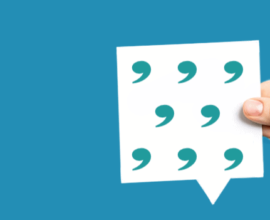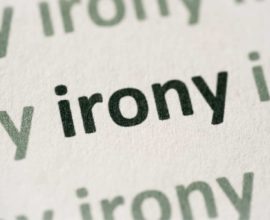The Importance of Taking a Break During and After Writing
As writers, our minds are constantly thinking about writing, plots and characters, meeting the daily word count, and publishing the book. We ponder over our books so much that it actually reflects on our writing. Writing consistently for days together may be good from a training perspective. However, it does exhaust your creativity. That’s something we don’t want to happen, do we? So, as an author, you must understand the importance of taking a break during and after writing.
Why you should take a break during & after Writing:
To realize where your Work is heading to
Once you begin writing, it is natural that you’d keep writing for days trying to finish your rough draft. That’s what every author does. However, what you should do, or rather try doing is, take a break for a day or two during writing. This will give some time for you to understand if your thoughts have translated into words just like you wanted them to be, or have there been any lost-in-translation issues. It will also allow you to notice any possible loopholes in your plot and come up with a fix for it, and, most importantly, revive your creativity and help you write your book with more ideas.
To give your Body a rest
Sometimes, while writing, we are so lost in our words and worlds that we do not realize our posture and body position while writing. It may also happen that you’ve been glued to your desk for hours together sitting and churning out words. Remember that it’s bad for your health and you need to step out, walk a bit, and do some stretches to take care of your physical health. Else, you would soon suffer from neck pains, backaches, headaches, and the likes, which would further deter your writing. So, if you’re really planning to finish your book fast, give adequate rest to your body, which in turn refreshes your mind as well.
For a Better Editing of your Manuscript
Taking a break after you finish writing your rough draft is highly recommended. You shouldn’t start off with copyediting or revising your draft the next minute or day you finish writing it. Doing so will only make you overlook some crucial errors and loopholes in your draft and result in a bad fair draft. Realize that you’ve just achieved something by finishing the rough draft for your book. Come back to editing it after a break or at the least after indulging in something else. You need a fresh and alert mind to notice your mistakes and rectify them so your final draft reads well.
To Prevent Writer’s Block
A lot of authors have told me that they encounter writer’s block when they write for days together. It is true because your mind needs some rest or a diversion to think of something else. Constantly pondering over the same thing would drain your ideas and hinder your flow. You’d not be able to type words even if you wanted to and this would further delay your writing process. So, it’s better to take a couple of days off during writing to refresh your mind and keep you going. You cannot force your mind to think of something and write. It should happen naturally.
These are not just the few times you need to take a break. Break out and indulge in something else whenever you want to because you’re a writer not because you can churn out words but because you like to write. Never force yourself to write something unless and until you are fully into it. Remember the purpose and enjoy the journey.





